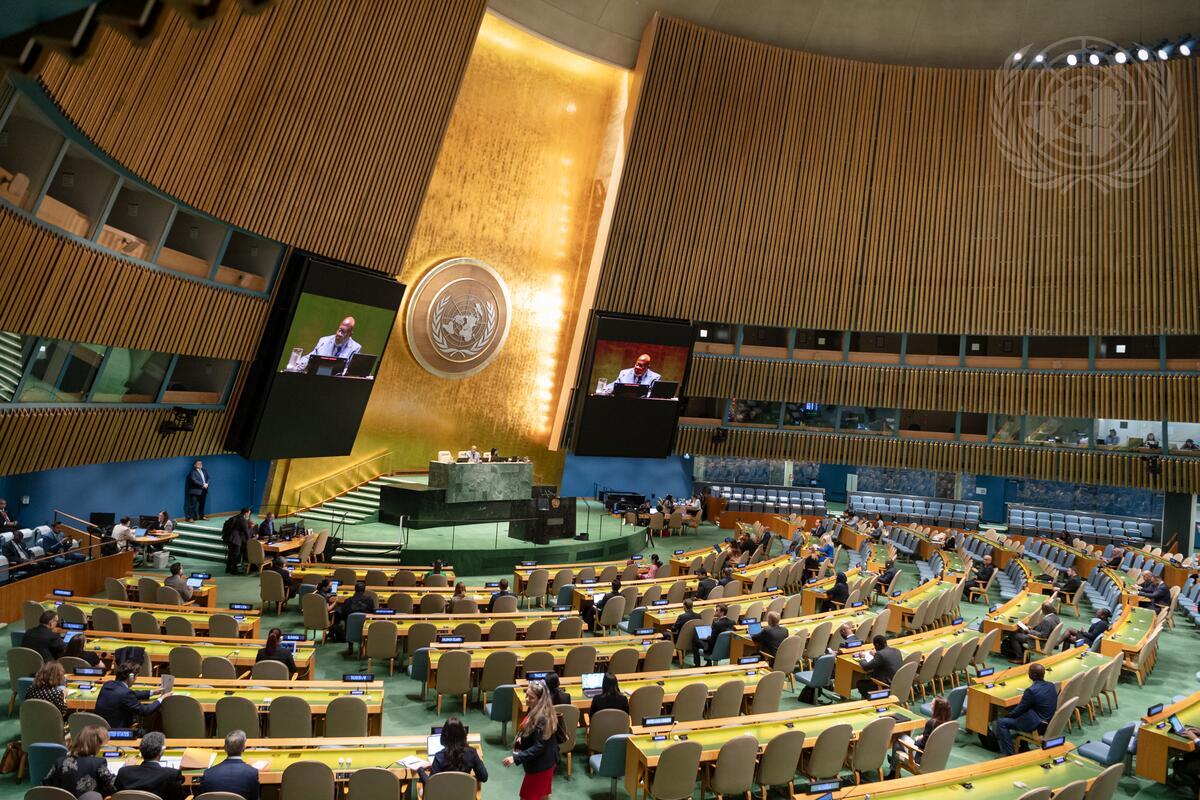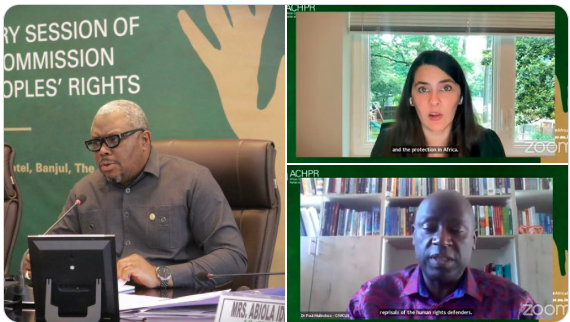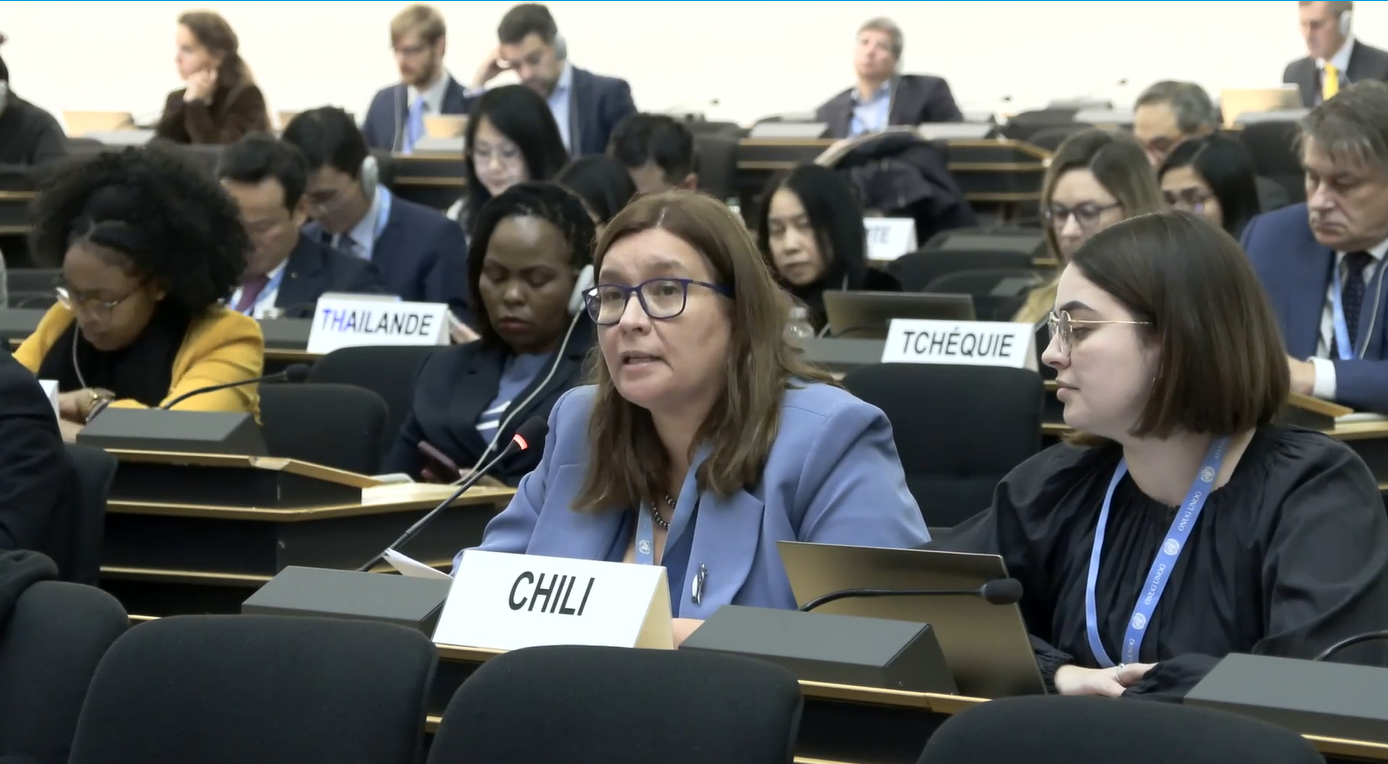The African Commission on Human and Peoples’ Rights (African Commission) held, on 24 May 2024, at its 79th Ordinary Session, a panel on its draft Declaration on the Promotion of the Role of Human Rights Defenders and their Protection in Africa. The panel aimed to provide another opportunity for key stakeholders – States, civil society organisations, and national human rights institutions- to give input to the ‘zero draft’. In January 2024, the African Commission published the draft and called on stakeholders to submit their contributions to improve the final text.
Considering African realities
The process of developing the Declaration started in 2019. At its 65th Ordinary Session held in Banjul from 21 October to 10 November 2019, the African Commission decided to ‘draft’ this Declaration and entrusted the Special Rapporteur on Human Rights Defenders and Focal Point on Reprisals in Africa with this task.
The uniqueness of the Declaration
Drawing on existing soft-law instruments of the African Commission, the African Union and the United Nations, among others, the draft Declaration caters for the specific needs of human rights defenders in Africa. Apart from its preamble, the Declaration is structured into eight provisions. They pertain to the definition of a human rights defender (Article 1), their rights (Articles 2 & 3), state obligations (Article 4), the responsibility to defend human rights and fundamental freedoms (Article 5), limitations, standards and mandates (Article 6), interpretation (Article 7) and reporting (Article 8). ‘The Declaration brings out the idea that defenders should be free from reprisals in their work. This issue was nowhere covered in the 1998 UN Declaration and is the sharp contribution of the draft Declaration, ’ said Paul Mulindwa, Advocacy and Campaigns Officer, Africa Lead at CIVICUS.
Panelists highlighted other novelties of the Declaration including the fact that it draws on the lived realities of defenders in Africa. ‘The Declaration seeks to address the African-specific context while adhering to principles of international law. We must not lose sight of the African context,’ noted Basharo Kayira, Deputy Representative of Malawi to the UN in Geneva. He also applauds Article 8 as it urges States to report on ways they implement the Declaration.
‘This obligation stems from similar reporting obligations under major African human rights treaties and cannot be seen as imposing an additional reporting burden on States,’ added Kayira.
Inputs
Panelists suggested aspects that the African Commission should include or clarify in the draft Declaration to address emerging threats to the work of human rights defenders. These aspects include the need to adopt an intersectional perspective and address the plights of defenders in areas of vulnerability, such as women human rights defenders, defenders with disability, defenders working on the rights of sexual minorities, those fighting corruption, defending environmental and natural resources, climate change and justice and those demanding for corporate social accountability. The Declaration should also address human rights violations related to the use of the internet, artificial intelligence, digital technologies, cybersecurity, data protection and the protection against cyberbullying. It is relevant to emphasise the State’s obligations to provide an enabling environment for defenders and adopt national instruments that align with international standards.
Following the wave of inputs, the African Commission will produce another draft of the Declaration which will consider relevant contributions.




